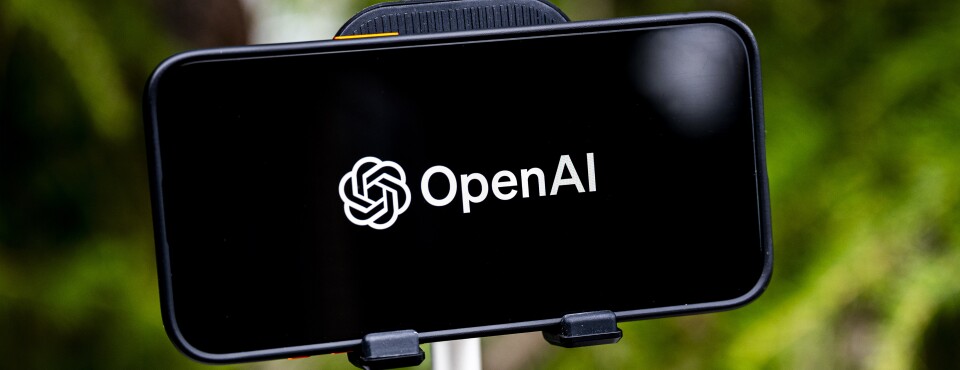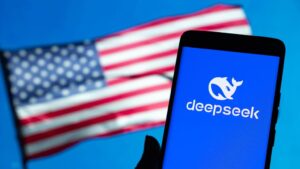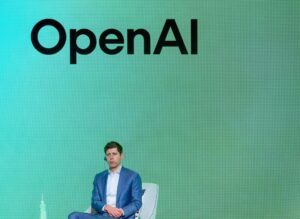Consolidation of OpenAI Copyright Lawsuit Suggests Uniformity and Potential Risks

OpenAI Faces Legal Challenges in Copyright Litigation
OpenAI Inc. has recently found itself at the center of a significant legal battle involving multiple copyright lawsuits. Despite successfully consolidating around a dozen cases, the firm is navigating a complex judicial landscape, particularly under a judge who has previously made ruling decisions that were not in OpenAI’s favor.
Centralization of Cases
Last week, the U.S. Judicial Panel on Multidistrict Litigation decided to centralize various copyright cases against OpenAI in the Southern District of New York. This centralization aims to create uniformity in pretrial procedures and outcomes, potentially leading to summary judgment motions and disputes regarding evidence gathering, known as discovery. Peter Henderson, an assistant professor at Princeton University, noted that this move will likely limit the attempts by different plaintiffs to present various arguments, thereby creating a more consistent pretrial environment.
The case will be overseen by Judge Sidney H. Stein and Magistrate Judge Ona T. Wang, who had already handled several previous lawsuits initiated by prominent entities, including The New York Times and several well-known authors such as Sarah Silverman.
Legal Implications for OpenAI
The upcoming pretrial proceedings are expected to be contentious. They will raise crucial questions surrounding how copyright laws apply to innovative generative AI technology. These rulings could significantly impact companies that rely on vast databases of copyrighted works for training their AI models. OpenAI has not yet presented its fair use defense in court, unlike other companies such as Meta Platforms Inc. and Anthropic PBC, who have begun to address these complex issues.
Authors and publishers argue that using copyrighted material without consent for commercial AI training does not qualify as fair use. Courts have already indicated this sentiment by rejecting such defenses in past non-generative AI cases.
Judge’s Previous Rulings
Judge Stein’s earlier decisions provide insight into his perspective. He has allowed certain copyright infringement claims to proceed while denying others. For instance, he permitted allegations from the Center for Investigative Reporting and Daily News to advance, while simultaneously dismissing claims from The New York Times. Stein’s rulings appear to circumvent some decisions made by other judges, particularly those favoring copyright owners.
Venue Selection and Its Importance
OpenAI had initially sought to move these cases to the Northern District of California, asserting that most relevant evidence is located there. However, the majority of the lawsuits were brought in New York, leading to OpenAI’s request being denied. Santa Clara University law professor Tyler T. Ochoa noted that while New York may not be OpenAI’s preferred location, the Second Circuit Court does have precedent that could benefit the company, particularly referencing a case where Google’s practices were deemed fair use.
In contrast, some legal experts believe that New York’s court system may be more favorable for plaintiffs, especially given its reputation as a more business-friendly locale.
Potential Challenges for Plaintiffs
While the consolidation of these cases may be advantageous for plaintiffs, it presents its own set of difficulties. Legal experts like Bhamati Viswanathan from New England Law warn about the challenges of combining distinct types of creative content. For example, differentiating between factual reports from The New York Times and purely creative works, such as novels, could complicate proceedings.
Attorneys representing the copyright owners might also find themselves relinquishing some control over the proceedings to New York plaintiffs’ representatives. This could lead to differing strategies and approaches in how the cases are managed.
Nevertheless, this consolidation may also increase the chance of an overall settlement, as all parties will be presented before the same court, making negotiations potentially easier.
Noteworthy Developments Ahead
In summary, the future implications of OpenAI’s legal battles in these copyright cases are profound, not just for the company but for the broader landscape of generative AI technology. As these cases advance in court, industry watchers will be keen to observe how the courts interpret and apply fair use laws, which could ultimately have significant ramifications across the tech sector.






